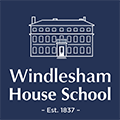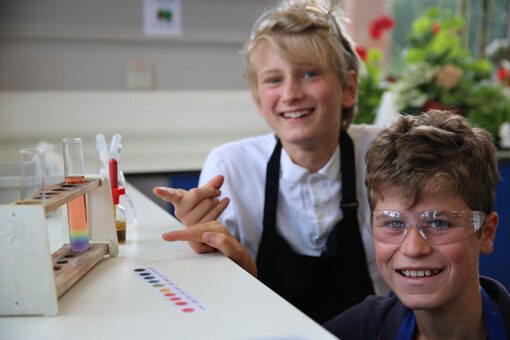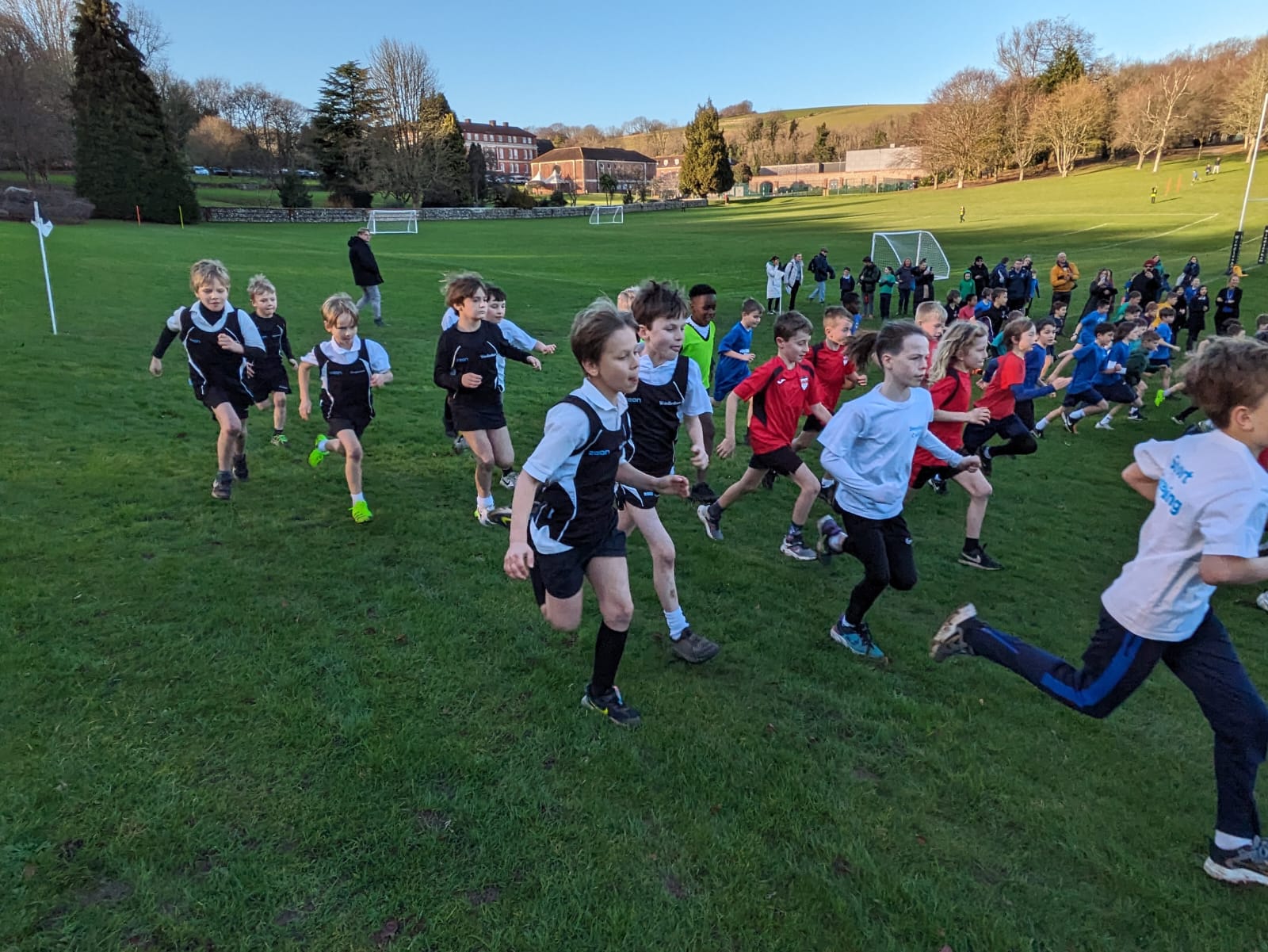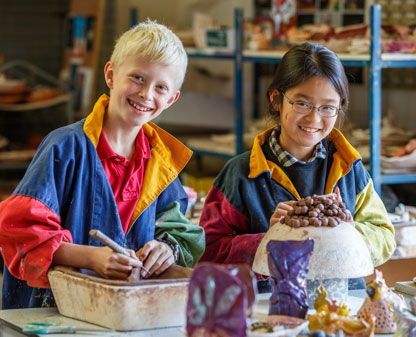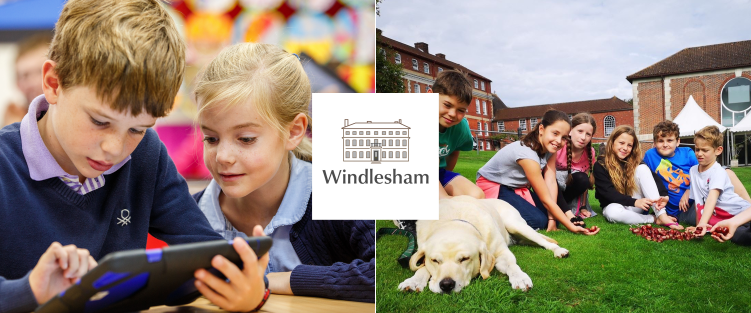Science is a dynamic, interactive subject that has a bearing on virtually all aspects of our lives. Consequently we aim to make our teaching relevant to the kind of everyday situations children encounter. Our science teachers are passionate about science in all its forms and teach enthusiastically to children in a hands-on approach. Our teaching philosophy is that science is ‘caught rather than taught!’ and together with our experienced lab technician and assistants we bring science to life in the classroom.
The laboratories are fully equipped with excellent modern apparatus that ensures we are teaching the subject to Common Entrance and beyond to the rigours of senior school scholarships. Over the past few years we have achieved some remarkable results at both Common Entrance and Scholarship, the latter including high grades to top public schools such as Eton (King’s Scholarship), Brighton College and Sevenoaks, amongst others.
